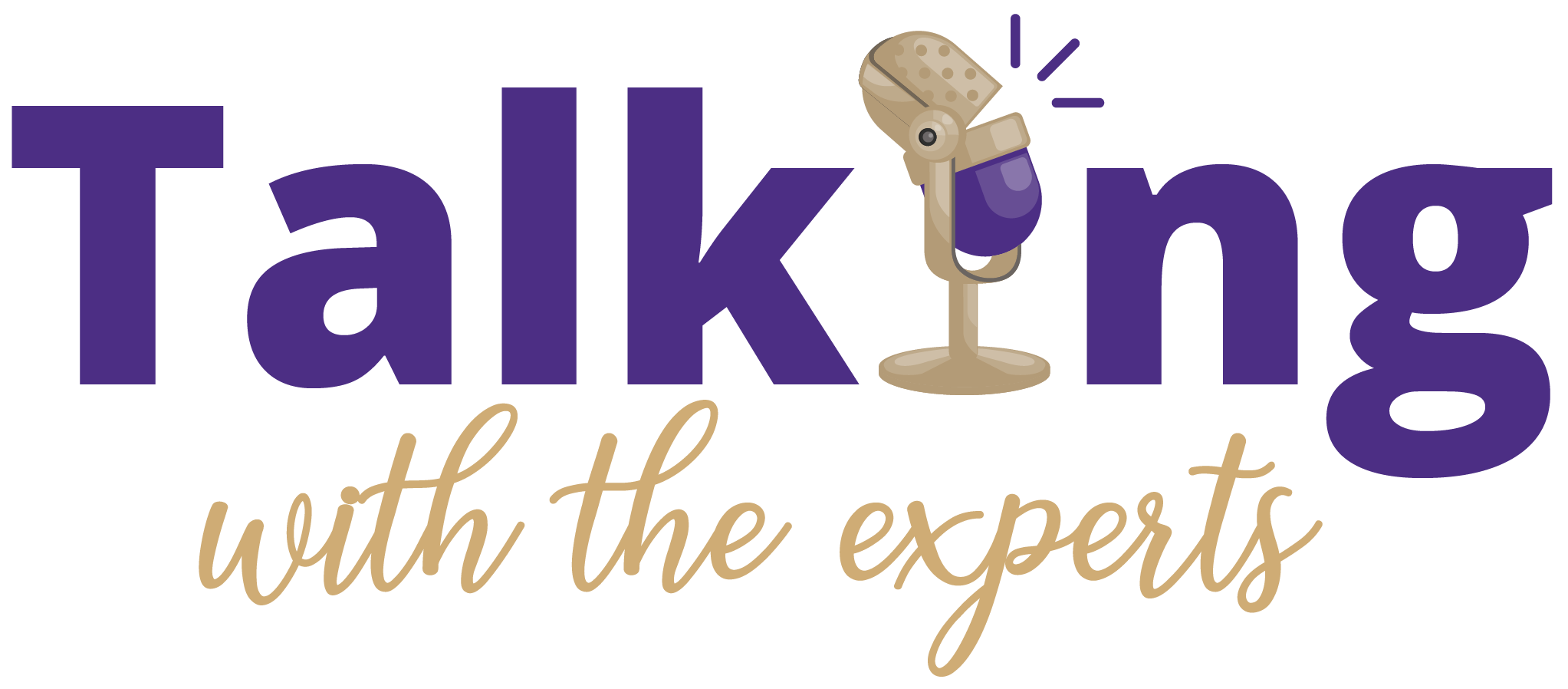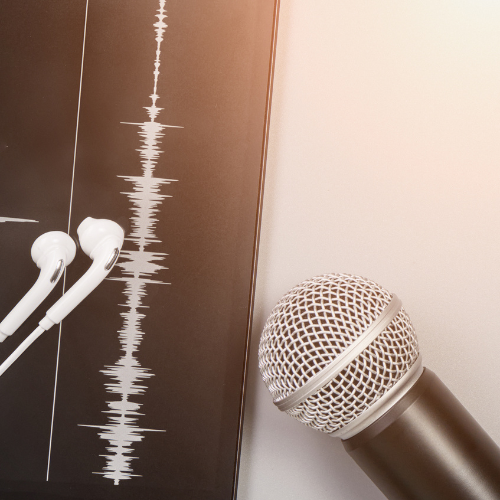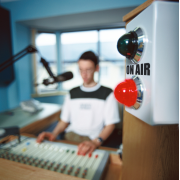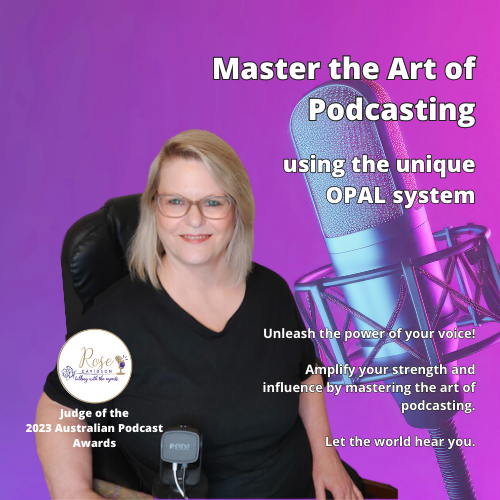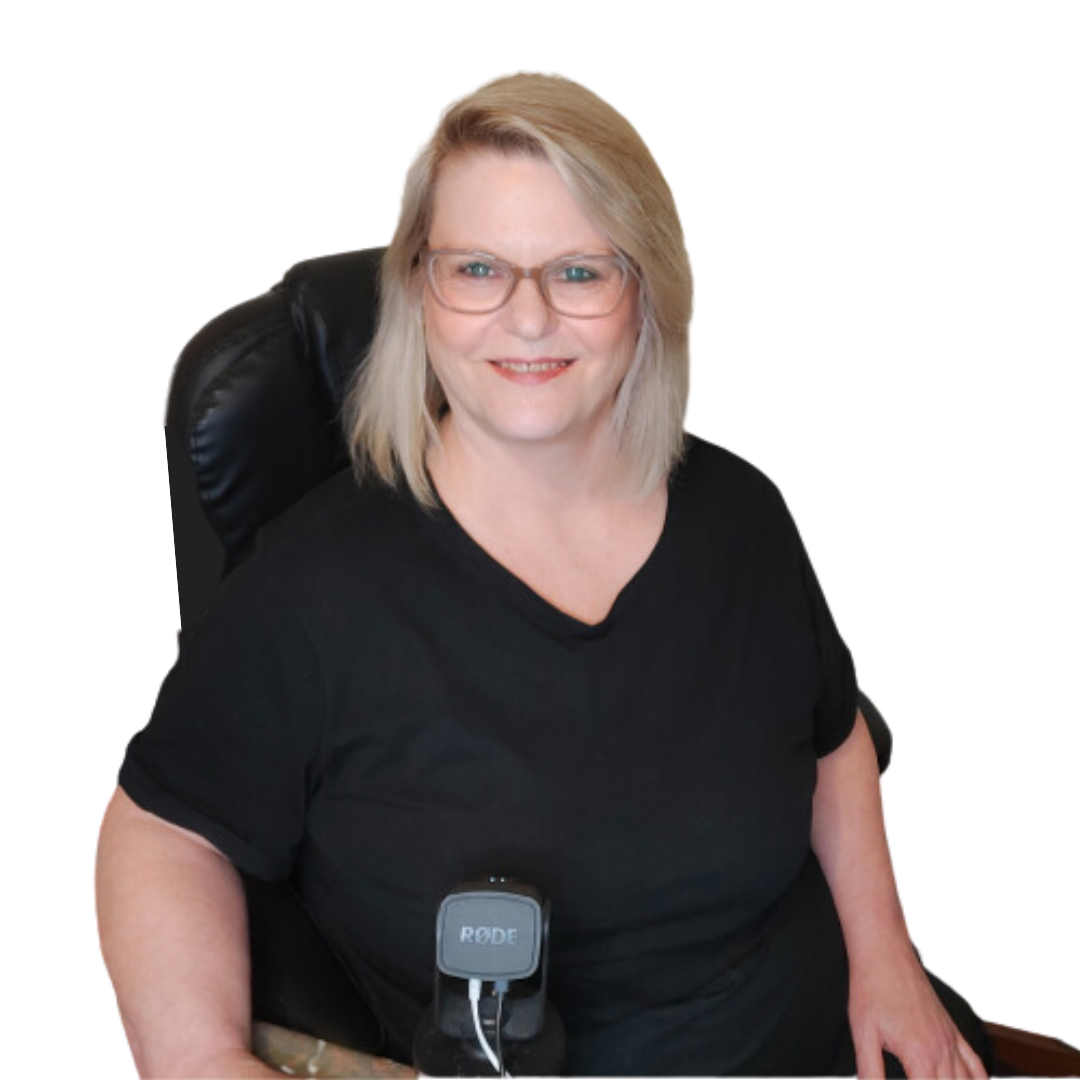Navigate the legal terrain of podcasting with this comprehensive guide. Learn about copyright, trademarks, licenses, privacy, and more to protect your podcast.
Starting a podcast is an exciting endeavour that allows individuals and organizations to share their voice, knowledge, and creativity with the world. However, it also involves navigating a complex legal landscape. This comprehensive guide will cover the essential legal considerations for launching and maintaining a podcast, helping you understand the various aspects that need attention to avoid potential pitfalls.
Intellectual Property
Copyright Law
When creating a podcast, understanding copyright law is crucial. Copyright protects original works of authorship, such as music, art, and literature, giving creators exclusive rights to their work. Here’s what you need to know:
– Original Content: Any original content you create for your podcast, including scripts, music, and logos, is automatically protected by copyright.
– Third-Party Content: Using someone else’s work, such as music, sound bites, or interviews, without permission can lead to copyright infringement. Always obtain proper licenses or permissions before incorporating third-party content.
Trademarks
Trademarks protect brand names, logos, and slogans used in commerce. When naming your podcast, ensure that the title and any associated branding do not infringe on existing trademarks.
– Trademark Search: Conduct a thorough trademark search to ensure your podcast name is unique and not already in use.
– Trademark Registration: Consider registering your podcast’s name and logo with the appropriate trademark office to protect your brand.
Licensing and Permissions
Music Licensing
Music is a common element in podcasts, but using it requires proper licensing. There are different types of licenses for music use:
– Performance Rights: Required to play music publicly. Obtain these from performance rights organizations (PROs) such as ASCAP, BMI, or SESAC.
– Mechanical Licenses: Needed if you distribute copies of the music (e.g., through downloads or CDs).
– Synchronization Licenses: Necessary for using music in sync with visual elements (e.g., video podcasts).
Interview Releases
If your podcast features guest interviews, it’s essential to have guests sign release forms. These forms grant you permission to use and distribute their recorded interviews, protecting you from potential legal disputes.
Defamation and Privacy
Defamation
Defamation involves making false statements about someone that harm their reputation. As a podcaster, avoid making defamatory remarks by:
– Fact-Checking: Ensure all information presented is accurate and verified.
– Opinions vs. Facts: Clearly distinguish between factual statements and personal opinions.
Privacy
Respecting the privacy of individuals mentioned in your podcast is critical. Avoid disclosing private information without consent and be cautious when discussing sensitive topics.
Advertising and Sponsorships
Guidelines
If your podcast includes advertisements or sponsorships, comply with legal guidelines to avoid misleading your audience:
– Disclosure: Clearly disclose any paid promotions or sponsorships to your listeners.
– Transparency: Ensure that all endorsements and testimonials are truthful and not misleading.
Contracts
When entering into agreements with advertisers or sponsors, use clear and detailed contracts outlining the terms of the partnership, including payment, content, and duration.
Business Structure and Taxes
Choosing a Business Structure
Selecting the right business structure for your podcast can affect your legal and tax obligations:
– Sole Proprietorship: Simplest form but offers no personal liability protection.
– Partnership: Similar to a sole proprietorship, but with two or more owners.
– Limited Liability Company (LLC) or Proprietary Limited (PTY LTD): Provides liability protection while allowing for flexible management and tax options.
– Corporation: Offers the highest level of liability protection but involves more complex management and tax requirements.
Tax Considerations
Understand your tax obligations based on your chosen business structure:
– Self-Employment Tax: Applies to sole proprietors and partners.
– Income Tax: File annual tax returns based on your business earnings.
– Sales Tax or GST: If you sell merchandise or digital products, you may need to collect and remit sales tax.
Hosting and Distribution Agreements
Podcast Hosting Platforms
Choosing a reliable podcast hosting platform is essential for distributing your content. Review the terms of service and ensure they align with your needs and legal obligations.
Distribution Agreements
When distributing your podcast on platforms like Apple Podcasts or Spotify, understand the distribution agreements and comply with their terms and conditions.
Audience Engagement and Content Moderation
User-Generated Content
If your podcast encourages listener contributions, such as comments or voice messages, establish clear guidelines and moderation policies to avoid legal issues related to inappropriate or defamatory content.
Community Guidelines
Develop and enforce community guidelines to foster a respectful and safe environment for your audience.
Global Considerations
International Copyright and Licensing
If your podcast reaches an international audience, be aware of the copyright and licensing laws in different countries. This includes understanding performance rights, mechanical licenses, and synchronization licenses on a global scale.
Data Protection and Privacy Laws
Comply with international data protection and privacy laws, such as the General Data Protection Regulation (GDPR) in the European Union, when collecting and handling listener data.
Starting a podcast involves navigating a complex legal terrain. By understanding and addressing the legal considerations outlined in this guide, you can protect your podcast, your brand, and yourself from potential legal issues. From copyright and trademarks to advertising guidelines and international laws, each aspect requires careful attention. With the right knowledge and preparation, you can confidently launch and maintain a successful podcast while staying on the right side of the law.
Happy podcasting!
Learn from a seasoned podcaster
You’ve got the passion, the ideas, and the expertise. Now, all you need is the platform that lets you connect directly with your audience. Join”Master the Art of Podcasting: Using the Unique OPAL System,” a one-of-a-kind group program designed to transform podcasting beginners into industry-leading voices.
Transform your podcasting journey with the OPAL System. Amplify your message, scale your brand, and become an industry-leading voice with Rose Davidson’s “Master the Art of Podcasting” program.
